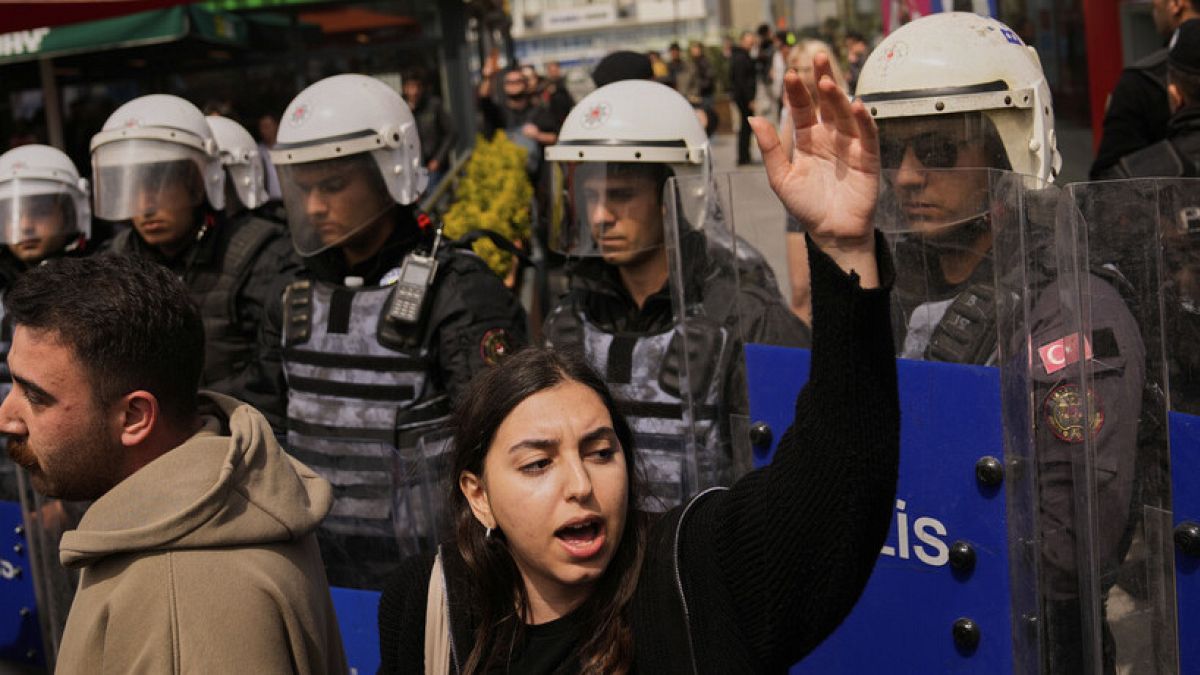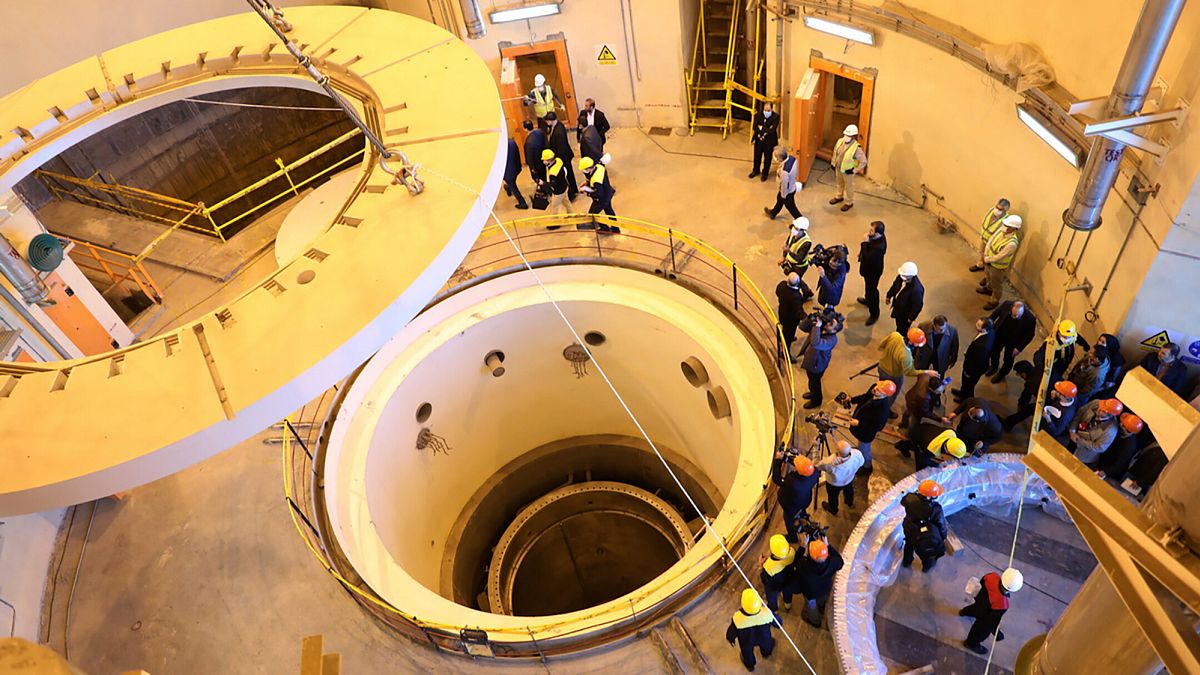By Cristian Caraballo & Orestes Georgiou Daniel
Valencia continues to suffer from the effects of one of Spain's most devastating natural disasters in recent years. Nevertheless, the Valencian community has begun its path towards recovery.
For many residents of Valencia, Storm Dana feels like it only just happened yesterday. Just one month after one of the most devastating natural disasters in Spain's recent history, the community has started taking small steps towards a recovery.
Though roads have been partially cleared, a layer of reddish dust still remains on the streets, fading away with each passing day. Experts are now working towards restoring the sewage system, with workers clearing the saturated pipes to prevent the mud from hardening, which would cause even further structural damage and prevent any additional rainfall from passing through, Spanish media have reported.
Underground car parks remain clogged with mud, and many cars have yet to be pulled out. This particular undertaking complicates the clean-up task due to the risk of toxic gas emissions. Specialised teams, including skid-steer loaders and firefighters in protective gear, are working around the clock to clear these areas. Meanwhile, in buildings without functioning lifts, the elderly and people with reduced mobility remain confined to their homes, where they receive support from doctors and volunteers.
Things are not much better in private properties, but compared to garages and the sewers, homes are beginning to show some progress. Mud has been removed and floors have been cleaned, but a musty smell persists. It will be some time before the walls are sufficiently dry so they can be re-painted. The community, though hard hit, has been able to count on solidarity and support from all over Spain, receiving donations that have alleviated immediate needs. Nevertheless, the road to full recovery seems long, and residents still face a multitude of issues.
The Army continues to clear roads
DANA left behind it a scene of devastation in Valencia on 29 October, such as the destruction of Picanya bridge, which was swept away by the flooding in seconds.
Locals initially set up an improvised walkway, but the Army has since stepped in to build a temporary bridge 60.9 meters high, capable of supporting up to 81 tonnes to allow the passage of local residents after a month of isolation. This type of work has been replicated in Cheste, Buñol and Ribarroja, where temporary bridges for pedestrians and emergency vehicles were swiftly put together, guaranteeing connection and safety in the affected areas, as reported by Spanish media.
The DANA disaster in numbers
The floods have left behind them some chilling figures. These are according to the latest update from sources such as the Data Integration Centre (CID), the central government and various ministries:
222 dead have been confirmed and identified in the Valencian Community. With an additional eight deaths in Castilla La-Mancha and Andalusia included, the total number rises to 230.
More than 2,000 residents have not yet been able to return to their homes, according to the Valencian Community Housing Department.
160 kilometres of roads have been rehabilitated and reopened to traffic, according to the Ministry of Transport.
155,000 people remain without electricity .
200,000 tonnes of waste have been removed from the streets.
120,000 damaged vehicles have begun to be removed.
415 pharmacies have reopened out of the 421 that were affected.

 4 months ago
36
4 months ago
36






 We deliver critical software at unparalleled value and speed to help your business thrive
We deliver critical software at unparalleled value and speed to help your business thrive






 English (US) ·
English (US) ·